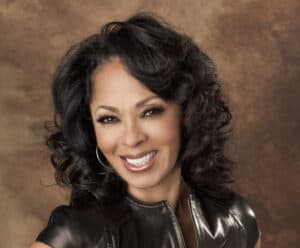 Ms. Chase is a successful motion picture and television producer and a Harvard educated lawyer by training. Her credits include Rodgers & Hammerstein’s Cinderella, Just Wright and the movie franchises The Sisterhood of the Travelling Pants, The Cheetah Girls, The Princess Diaries and Lemonade Mouth.
Ms. Chase is a successful motion picture and television producer and a Harvard educated lawyer by training. Her credits include Rodgers & Hammerstein’s Cinderella, Just Wright and the movie franchises The Sisterhood of the Travelling Pants, The Cheetah Girls, The Princess Diaries and Lemonade Mouth.
What is the best advice your Mom gave you?
The first thing that comes to mind from my mom was a sense that I needed to be able to take care of myself. You need to take care of yourself emotionally and financially so that you don’t have to be dependent on someone else. This is what my mother and her friends learned. My mother married young, her friends married young; they were the pre-women’s lib generation. She wanted me to have the ability to make life choices from a position of strength.
What advice would you give moms to raise successful daughters?
Some of the same themes that I have in my work — encourage young people to believe in themselves, accept who they are and be the best they came be. Media comes at you 24/7. Reality television stars like Kim Kardashian are held up as role models. It’s about finding out who you are and embracing and loving yourself. And then being the best you can be. You need to figure out what you want to do in life and then make your mark. Don’t settle for what the media shows. There is so much pressure today to be famous, to do what is trendy and fashionable. Figure out what will make you happy and what will be your contribution to the world.
How have you attempted to address black stereotypes in your work?
I relish the idea of breaking down stereotypes. It is one of the many reasons I went into the entertainment business. A little story — when I graduated from college, one of my best friends and I spent the summer in Spain. This was back in the 70’s, and we decided to hitchhike. One night two guys picked us up. We were in the back seat. I spoke some Spanish, and one of the guys asked where we were from. My friend said “New York” and he said “Oh, Harlem.” He then asked about drugs; he assumed that all black women were “loose” and did drugs. I realized that his images of America were based on the movies and television he saw, so that was his perception. This was one of my first experiences that really showed me the power of images and stereotypes.
What do you look for in deciding which scripts to choose?
I reject the vast majority of scripts. I look for fresh stories that are real, complex, and universal in their specificity. Hollywood has learned lessons along the way and is better at avoiding black stereotypes, but there are still so few black movies being made today. I turn down the vast majority because they don’t push the needle forward in terms of story and image.
You have worked to help tweens and help their self-image.
This is really important for me. It’s about empowerment. Most of my movies are about women coming into their own and understanding the power they have to overcome these obstacles to make dreams come true, whatever they may be. In my movies, my girls go to college. I try to be very subtle; you don’t want to be preachy. My stories are about girls and women accomplishing goals for themselves. You have to have a little romance, but it’s never just about the girls getting the guy. When a heroine is successful in achieving her main objective, the guy is the icing on cake. Unless you’re doing full-on romantic comedy, just getting the guy is never enough. It should be about achieving your own goals. Relationships are a part of life but not the main thing. It’s one of my guidelines for how I develop a story — from Princess Diaries to Traveling Pants to Cheetah Girls.
Have you encountered any resistance in the industry when you’ve tried to push for more positive images?
The larger issue is that it is very hard today to get movies made about any specific group. They’re just not interested in making those movies. It’s really more of a business decision and a marketing issue. Fewer studios are making fewer movies, and they tend to be interested in big movies, blockbusters, as opposed to smaller movies. It’s hard to get movies made about black people, about women, about any specific group.
What top movies do you recommend for parents that convey a sense of black culture and history to a child?
For younger children, I still love the Rogers & Hammerstein Cinderella that I produced. Generations grew up with Cinderella, and they keep discovering it. I was excited about making Cinderella because I know what it would have meant for me to see a black Cinderella when I was a little girl. Sidney Poitier movies, such as In the Heat of the Night, Guess Who’s Coming to Dinner, and Raisin in the Sun, are good choices because they are about change and Sidney gives riveting performances. For kids, it’s important to learn the history and for older people, it’s important to remember how far we’ve come and how far we have to go. Boyz ‘n the Hood was a moment in time, but the power of the movie is its universality, about choosing between right and wrong, having the courage to stand up to pressure and be your own person. I would recommend my movie, The Sisterhood of the Traveling Pants, which is about the beauty of friendship, and has four great performances by the main female leads. I still think kids should see Imitation of Life; it gives them an historical perspective of how things used to be and it’s great drama. I also recommend Carmen Jones starring Dorothy Dandridge, the first black actress nominated for the best actress Oscar. Another good story that also teaches history is A Soldier’s Story.
What advice would you give to young people?
First, don’t be afraid to follow your passion. So much pressure on kids today to make money and achieve in the traditional sense, but I think if you want to try something different, do it. Have your goal, but be prepared for that goal. Don’t be afraid to follow your heart, but do it wisely. Second thing, be the very best you can be in order to achieve it. While we’ve come a long way, we’re still black and have to be really good at what you do.
What is on horizon for you professionally?
I produced three movies this year and I am very excited about all of them. I just finished shooting a remake of the classic 1976 movie musical Sparkle with a fabulous cast including Jordin Sparks in the title role, Whitney Houston and Derek Luke. I also shot ABC Family’s first musical. It is currently called Elixir and stars Jane Seymour, Chelsea Kane and Sara Paxton and is my third collaboration with director Sanaa Hamri. Finally, I produced a new movie for the American Girl company which will air on network television. All three movies will be out next year. I am also very excited to be producing a remake of Dirty Dancing next summer with Kenny Ortega directing and choreographing.
What is your proudest professional achievement/What are you particularly proud of?
My proudest achievement is that I’m still here and making movies. The vast majority of the people that I started out with in Hollywood are just gone. The fact that I make at least one movie a year is a big deal, for anybody, but even more so for a black woman. I am very proud of the movies I have made and quite a few have become classics. I’m also proud of the talent that I’ve discovered and helped to nurture. Raven (Cheetah Girls), Anne Hathaway (Princess Diaries), Blake Lively, Chris Pine (starred with Denzel Washington in Unstoppable, had lead in Star Trek), America Ferrera (Traveling Pants), Jessie Williams (Grey’s Anatomy), and in Sparkle, Jordin Sparks is making her movie debut.
Follow Debra on Twitter: @DebraMChase

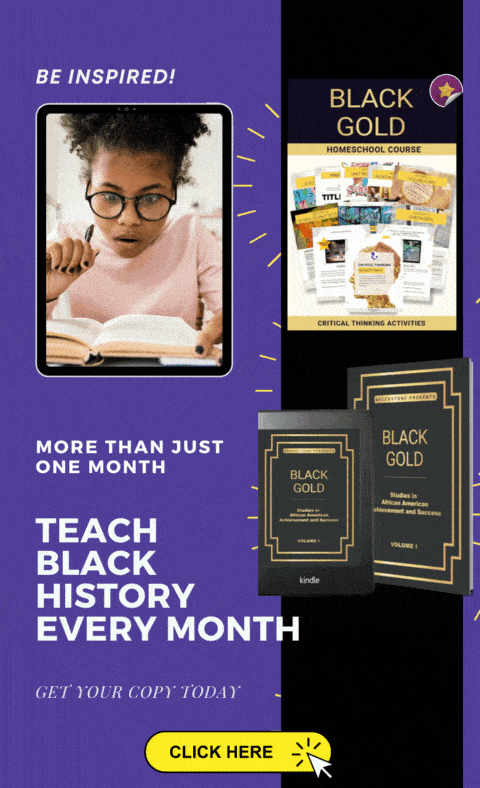

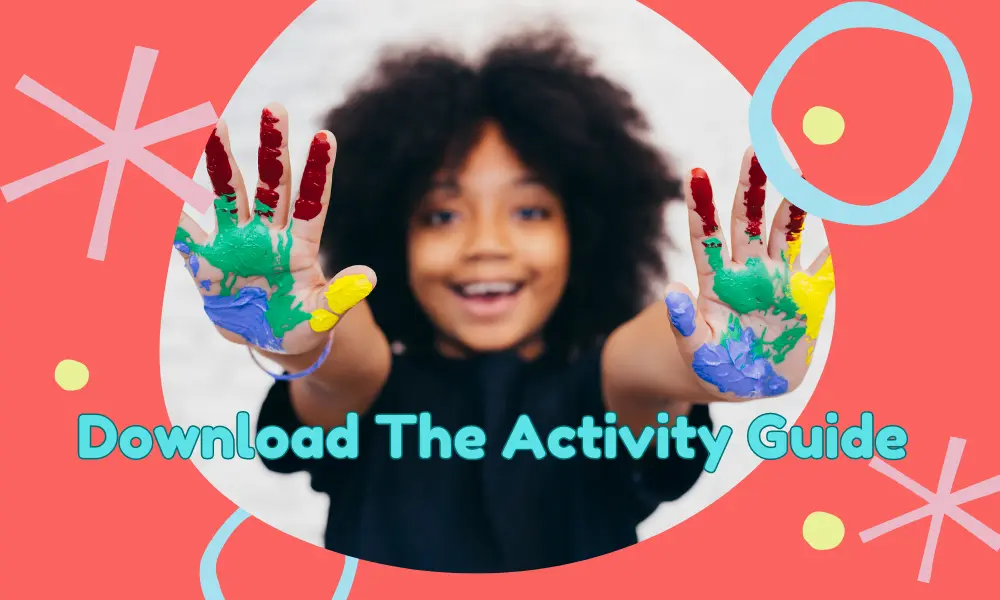

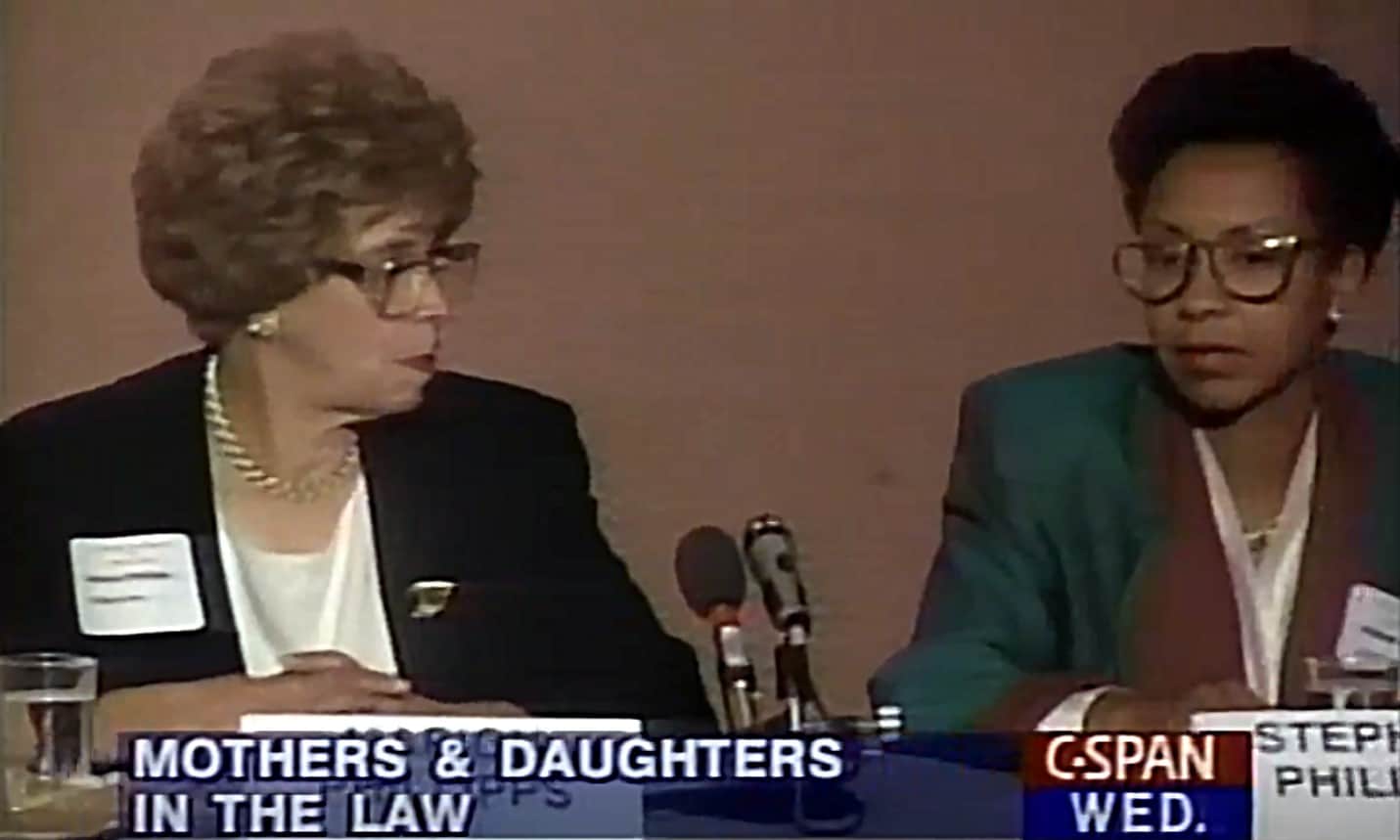
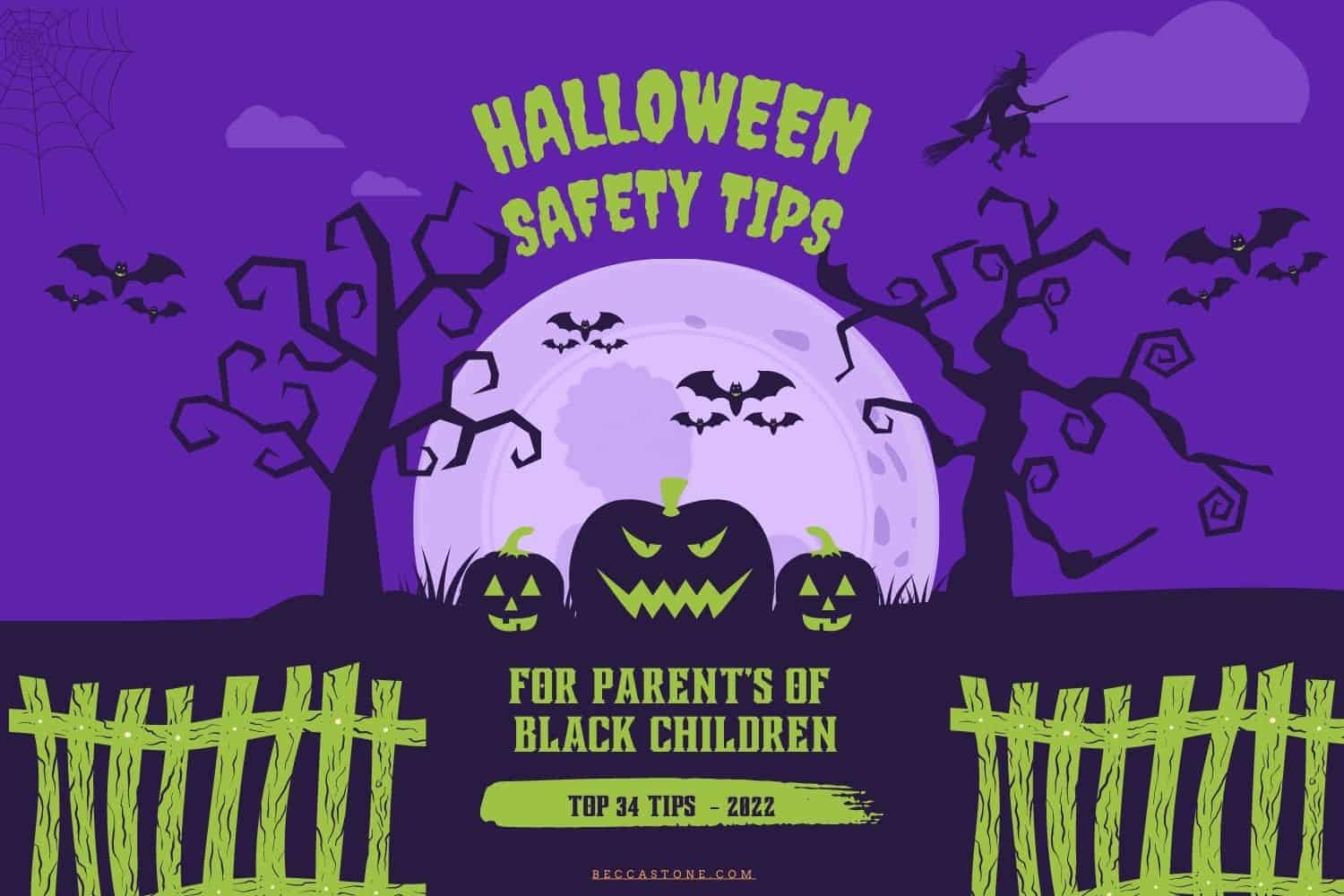
Share your thoughts